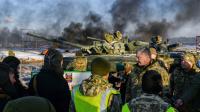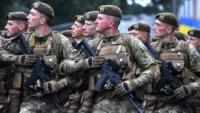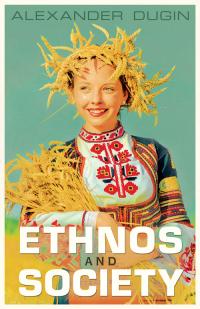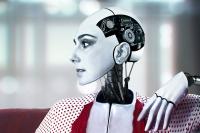Beijing Dugin's lecture BELT & Road initiative 丝绸之路经济带和21世纪海上丝绸之路
One BELT One ROAD 一带一路 vs BELT & Road initiative 丝绸之路经济带和21世纪海上丝绸之路
Geopolitical analysis from eurasian perspective Rimland Project Initially One Belt One Road Initiative was conceived as the project of the economic and GEOPOLITICAL integration of RIMLAND.
Both routes (land Belt and maritime Road) explicitly BYPASS Russian Federation – i.e. HEARTLAND. It is not openly anti-Eurasian it is simply NON-Eurasian Initiative. It is based on concept of Europe (Germany) being one of five UNITS (元). The main intermediary space is Middle East and above all Turkey. This project is supported by some fraction in liberal Global Government (as was the case with the Chinese reforms in 80-s). Any serious and solid Project of Russian-Chinese cooperation can be based ONLY in this Eurasian perspective of Multipolar (4 + Polar) World Vision










